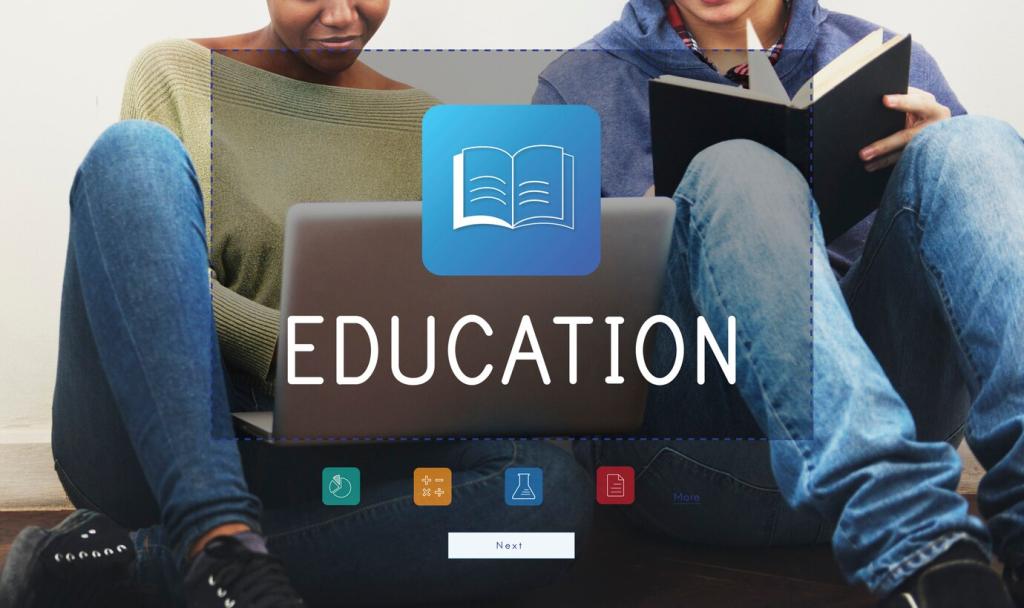Designing Outcomes With AI in Mind
Start by writing observable outcomes: analyze a dataset, debate a claim, craft a prototype. Then choose AI features that scaffold those actions, like idea generation, feedback framing, or data visualization. In the workshop, show participants how to map each AI step to a specific success criterion to prevent tool-first planning.
Designing Outcomes With AI in Mind
Model transparent workflows: disclose AI assistance, cite sources, and discuss bias and limitations openly. Facilitate a short reflection on data stewardship and learner dignity. Offer language for classroom norms, such as when AI use is encouraged, restricted, or assessed, so everyone understands expectations and boundaries clearly.





